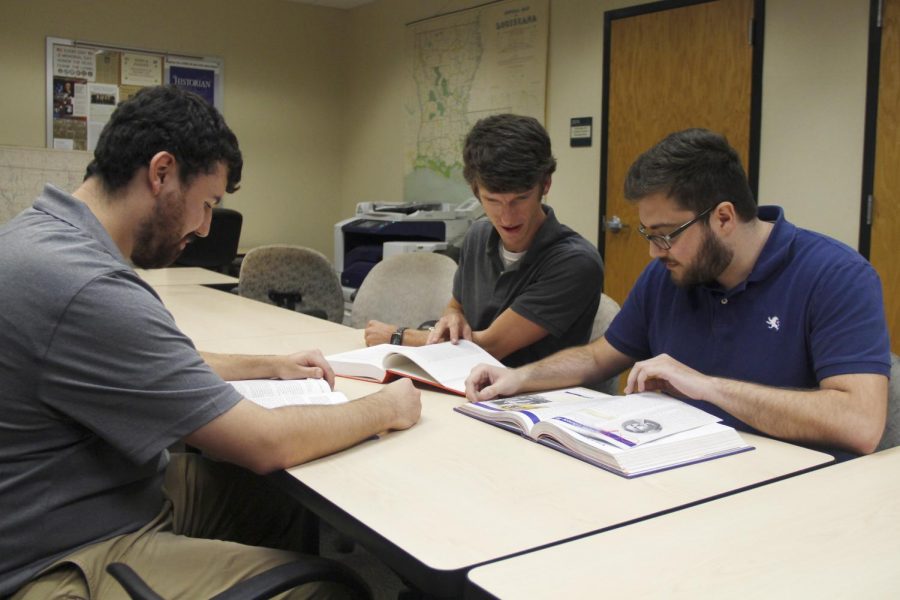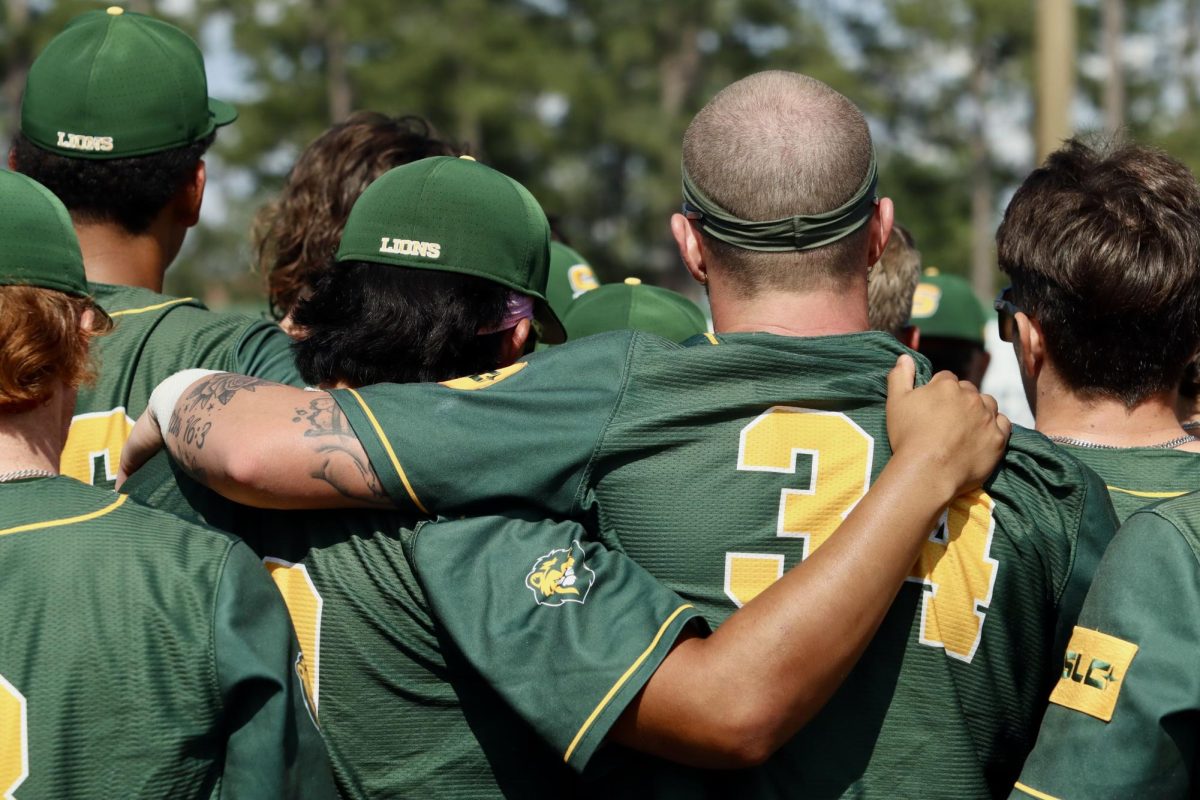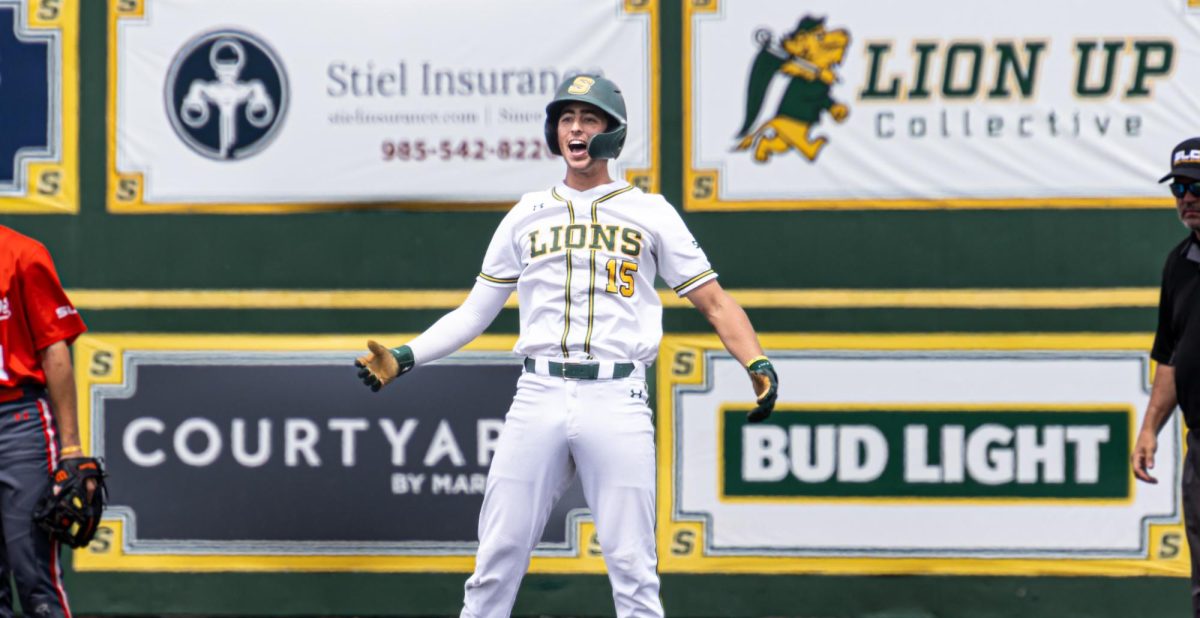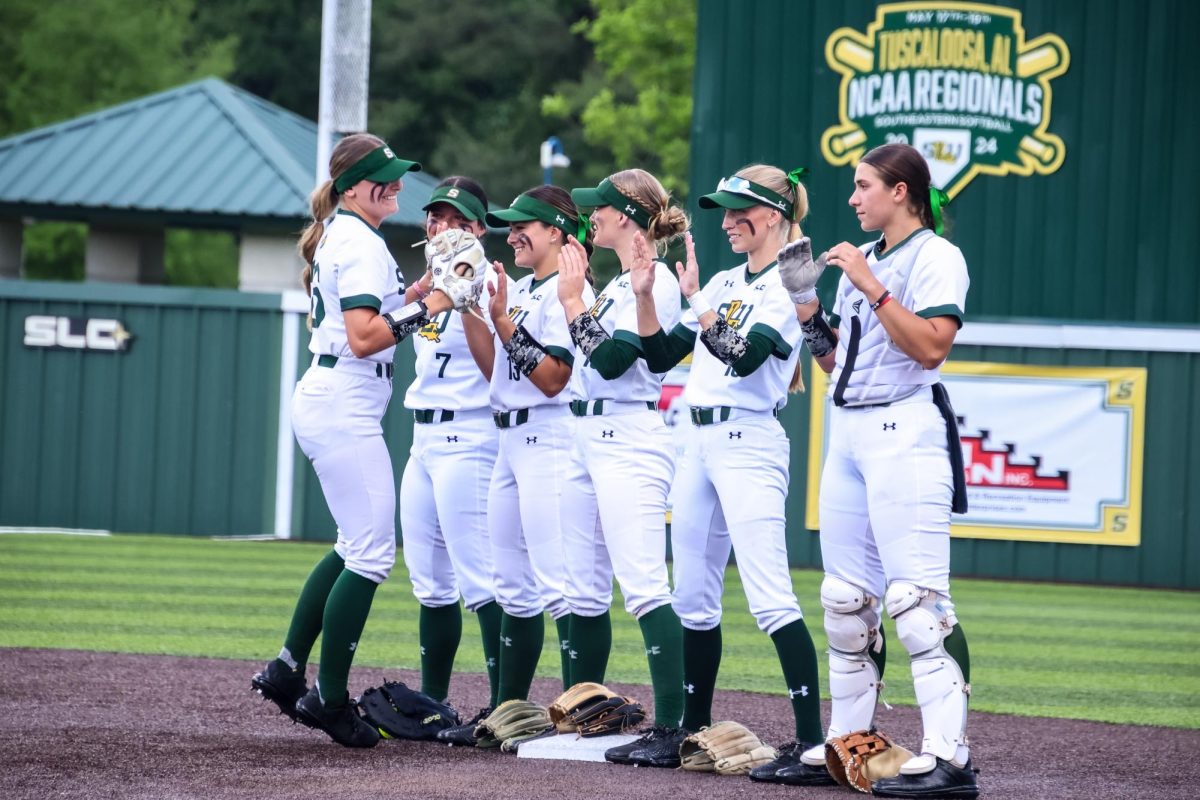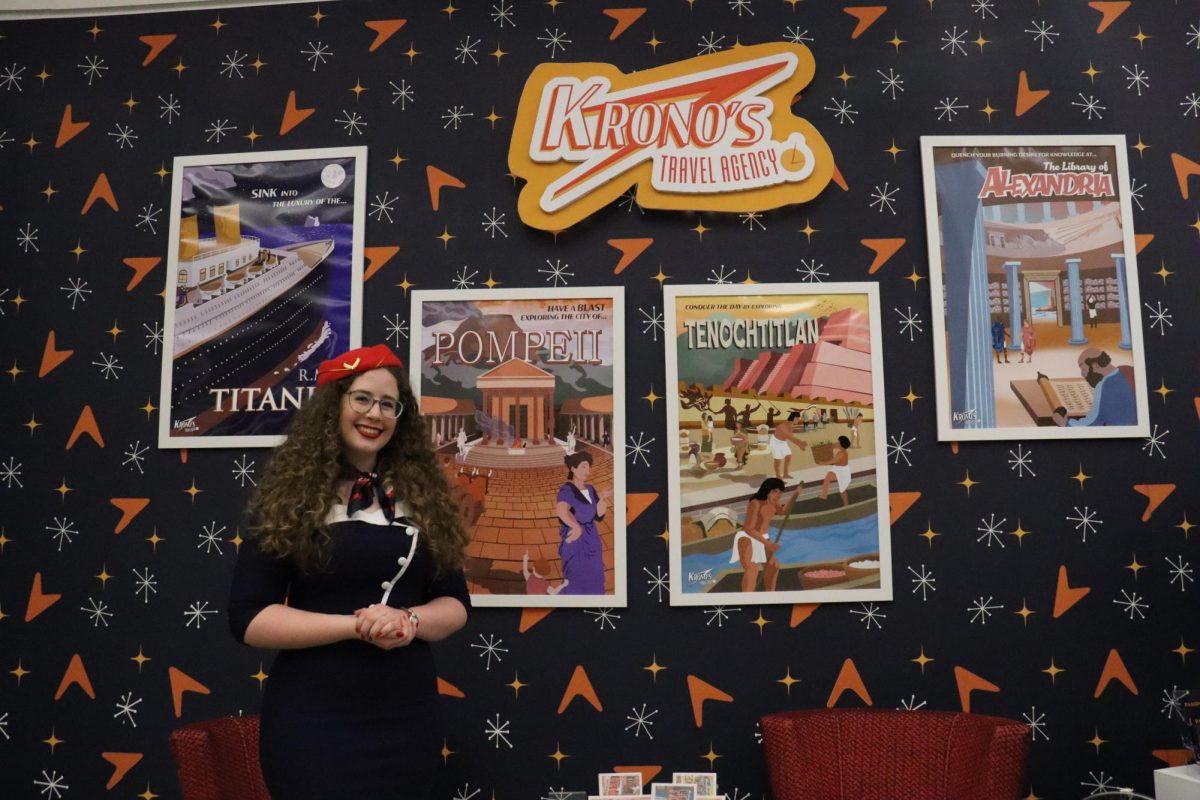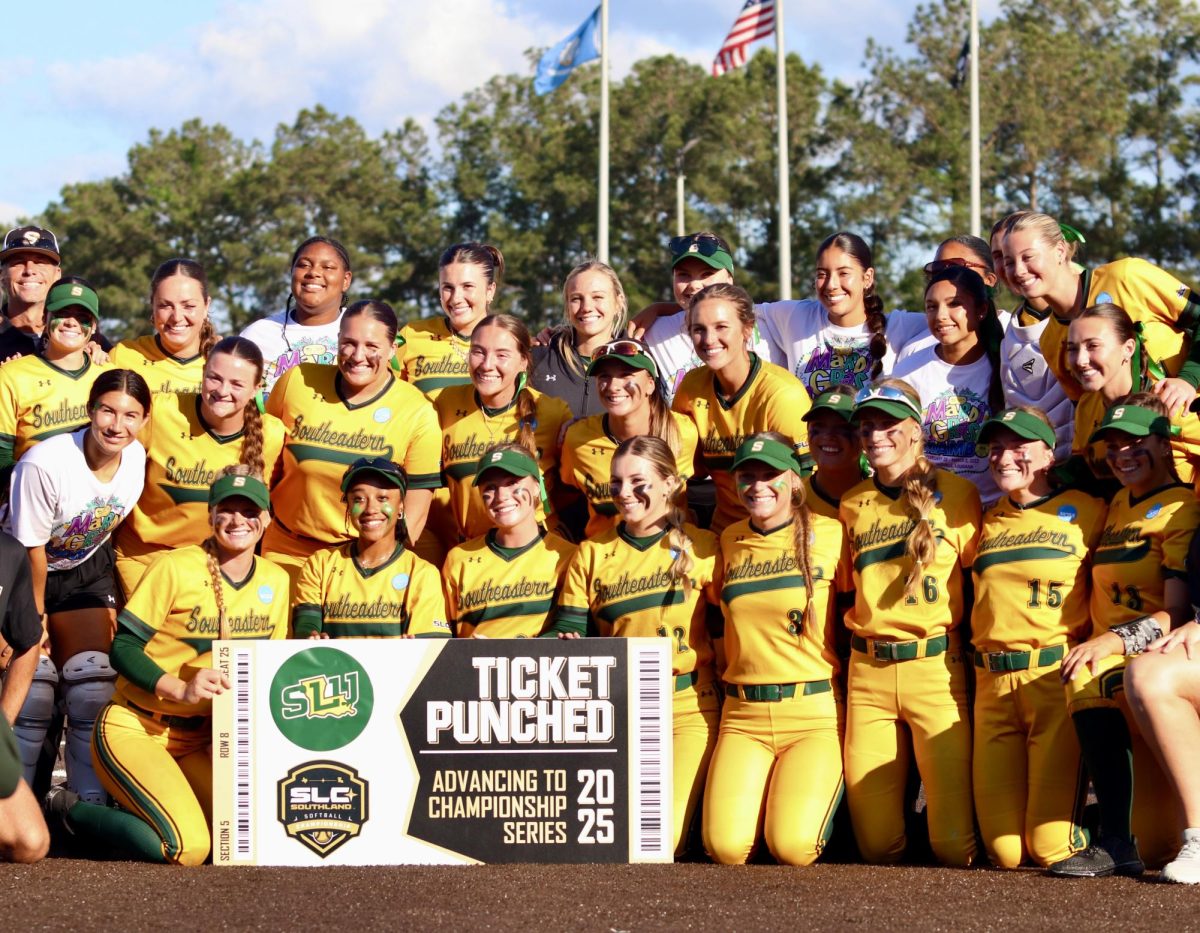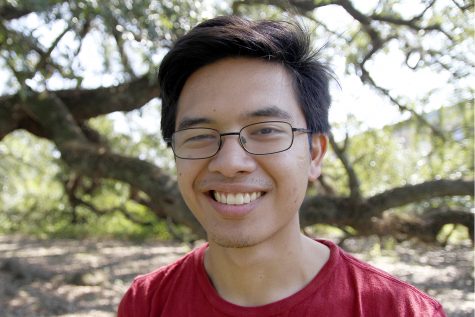The Department of History and Political Science offers some of the most diverse course topics among the departments on campus to educate students on modern affairs as well as historical intricacies.
“We teach the stuff that you need to be an informed citizen,” said Dr. William Robison, head of the department of history and political science. “With all the debate now about who’s telling the truth and who’s faking it, if you have a historical background, and you understand how the political system works, you’re a lot less likely to be suckered by politicians.”
Dr. Margaret Gonzalez-Perez, professor of political science, joined the department in 1995. Her interest in politics grew from when she was a child and listened to her parents discuss the topic at the dinner table. As a professor, she likes the combination of research and student interaction.
Gonzalez-Perez shared how history and political science tie together in the department.
Gonzalez-Perez said, “The historians teach classes about history that provides historical background for all parts of the world and how political systems and economic systems work, and then the political scientists in the department bring the modern approach.”
Dr. Andrew Traver, professor of history, has been with the department since 1996, and his research focuses on editing the philosophical and theological works of Duns Scotus with a printed work expected for publication in 2020.
Traver enjoys the freedom in his courses and research that allows him to offer unique classes and topics.
“I can use whatever text I want,” said Traver. “No one is looking over my shoulder. I also do a lot of independent studies. I do a special topics or at least an independent reading course, probably a new one every semester, and I’ve done courses on ancient Egypt going up to exorcisms in the medieval world.”
Robison hopes to dispel the perception of professors in the department as political bigots.
“I like for people to get to the end of the semester without having any idea what I think about present day politics,” said Robison. “That’s not what I do in class. I work in the Tudor period. Henry VIII doesn’t have a whole lot to do with what’s going on today.”
According to Robison, the national and international reputations of professors can help students reach their goals after graduation.
“If you do a history major here, and you decide you want to go to an Ivy League school or a California school or a school in England, we know people,” said Robison. “If we write to them, they’re not gonna be asking, ‘Who is this guy?’”
The department also offers study abroad programs in locations like Rome and Scotland. Every year, the department holds lecture series including lectures for Constitution Day, Fanfare, Veterans Day, Black History Month, Women’s History Month and the Holocaust.
Damian Boldt, a senior political science major, sees the department as a second home and has never felt out of place.
“When you have a question, they’re there,” said Boldt. “They really want to take time to make sure you’re growing as a student, not just making good grades but actually gaining skills, knowledge and experience that you need to take out and get a job, and more than that, that you’re growing as a person too.”


